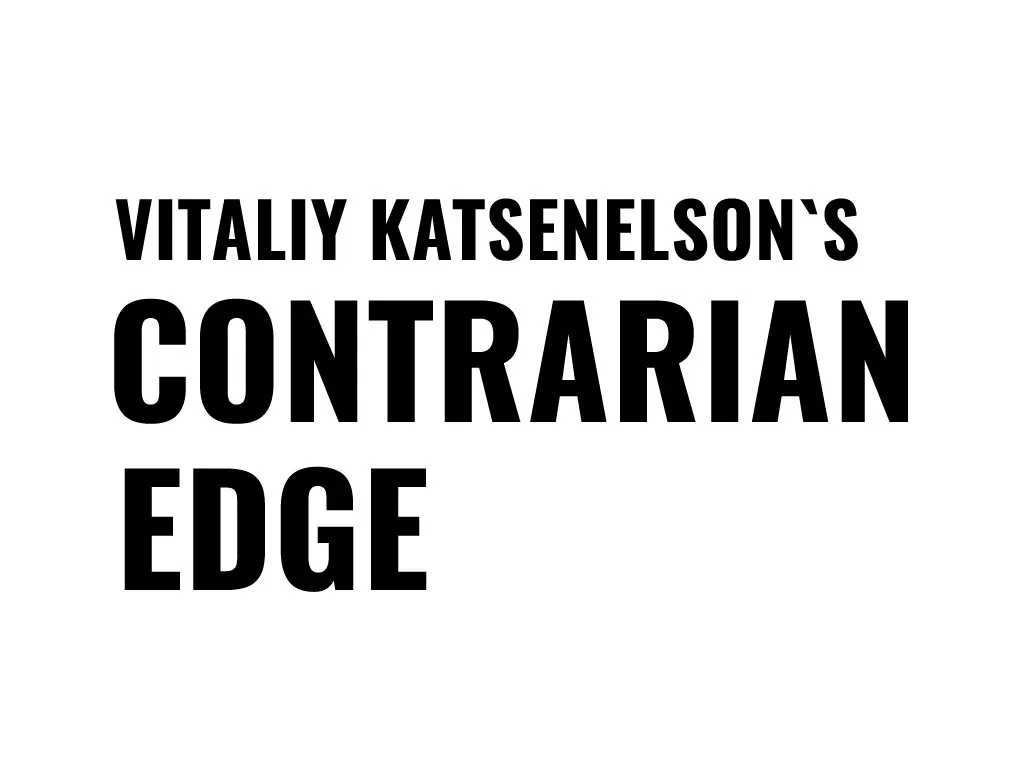October 14th 2004 – TheStreet.com: Street Insight
- If an investor was looking for a catalyst to short GM, this is probably a good starting point.
- Timing is essential because GM pays a 4.8% dividend, though I believe downside in this stock is significant.
Editor’s Note: Vitaliy Katsenelson described the perfect storm of rising interest rates, incentives and declining profit margins heading for General Motors (GM:NYSE) in a Market Insight post last week.
Yesterday, Fitch lowered the bond rating for General Motors (GM:NYSE) and GMAC from BBB+ to BBB, two notches above junk. Fitch cited concerns based on lower margins in the U.S. and Europe and higher retiree benefit obligations. Fitch also indicated that GM and GMAC’s debt is on a negative watch list for further downgrades. Today, Moody’s followed suit, also downgrading GM’s bond rating, and S&P is considering downgrading it as well.
I believe the declining profit margins that the rating agencies cited in the downgrades are a very valid concern, and I addressed it last week. The issue of rising retiree benefits obligations is not a new issue; it’s been hovering over GM for a long time. In fact, last year, GM contributed $18 billion to its defined benefit plan (most of which it borrowed).
However, GM’s defined benefit plan is still underfunded by $8 billion. To make things worse, the return assumptions that GM used to arrive to the value of the plan assets is 9% (it was reduced from 10% last year). On the surface, 9% doesn’t look unreasonable, however, one has to take into account that a large portion of GM’s workforce has either retired or is about to retire. Thus, a significant part of plan assets should be in lower-earning (especially now) fixed income instruments, which it is.
According to GM’s 10k, current asset allocation is 49% in equities, 31% in debt, 8% in real estate, and 12% in other. Even if the returns from equity and fixed income markets during the next decade resembled returns that were observed during the last century, with the current asset allocation, a 9% return is still not achievable (considering that allocation to the fixed income portion will be rising over time). In addition, stock market returns for the next 10 years are expected to be lower than the historical average due to currently high equity valuations.
At some point in the not-so-distant future, after frustration with disappointing returns, GM’s actuaries will lower return assumptions and GM will have to cough up an additional several billion dollars to fund its defined benefit plan. Unfortunately, as it usually happens, it will be the time when those billions will be desperately needed to make interest payments. I always tell my students that the automotive sector is the second worst industry after the airline industry. Well, not surprisingly, it is very likely that the bankruptcy and pension problems the airlines are facing today will be GM’s problems several years down the road.
Note well: GM is not a Lone Ranger when it comes to giddy assumptions on asset returns, so for long-term investors, I strongly recommend reviewing assumptions made for discount rate, compensation rate of increase and long-term rate of return. One should ask how reasonable it is for the company to achieve those assumptions.
Vitaliy N. Katsenelson, CFA
Copyright TheStreet.com









0 comments